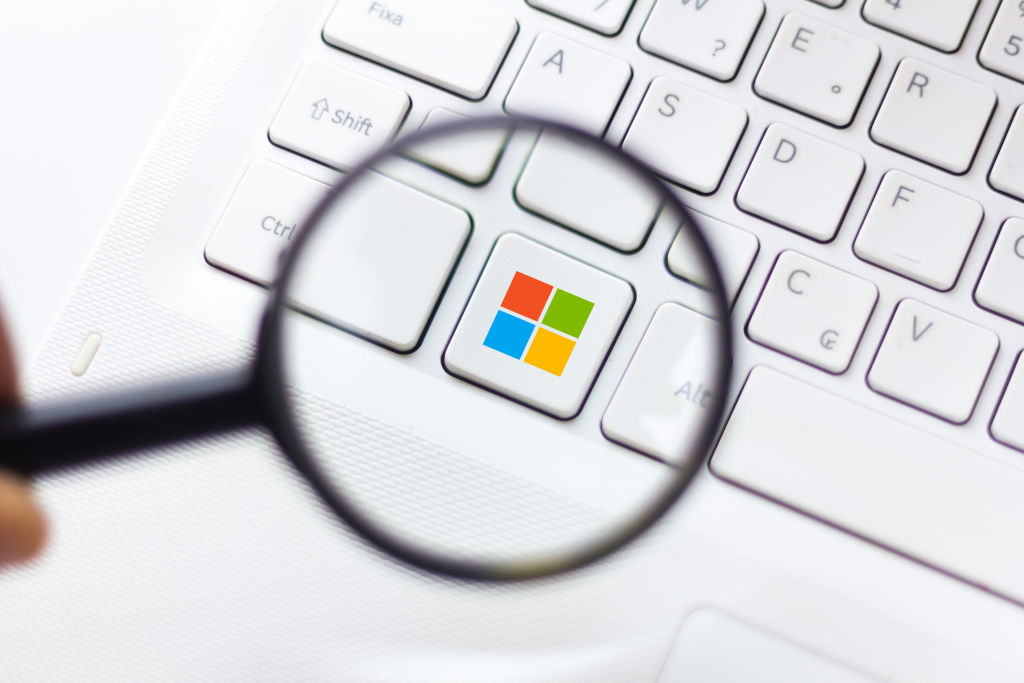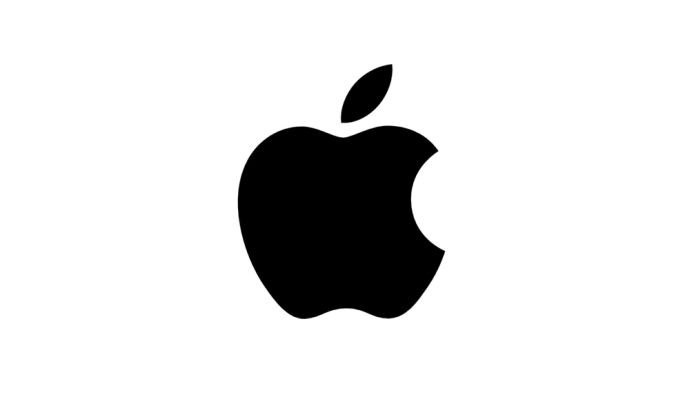Did you know about Microsoft's secret post-Windows operating system?
What's the story with Midori?

Sign up to receive The Snapshot, a free special dispatch from Laptop Mag, in your inbox.
You are now subscribed
Your newsletter sign-up was successful
Microsoft Windows is far and away the world's most popular desktop operating system, managing over a billion machines daily. You can argue which version is the best, though there's very little debate over which is worst (here's looking at you Windows ME). But regardless of its ups and downs, there's no denying the impact Windows has had since its inception in 1985. In the time since, we've seen the platform enjoy a brief stint on mobile, power a new wave of handheld gaming PCs, and even pull a no-show by skipping Windows 9 entirely.
In 2008, however, we almost saw Microsoft do the unthinkable. The company had begun working on an all-new operating system built from the ground up to replace Windows entirely: "Midori."
Midori: The post-Windows operating system
The arrival of the internet caused a seismic shift among software developers, and Microsoft was no different. While its Windows platform was a reliable standard, the internet opened new doors for the company and it wanted an operating system that could take full advantage of this golden era of computing.
To Microsoft, this would mean starting over completely and designing a truly modern operating system. Microsoft, eyeing the end of the Windows era, launched an ambitious research project called Midori to fill that post-Windows void hopefully.
Midori was centered on the internet and hoped to separate software from hardware by becoming Microsoft's first cloud-based OS. The project was so ambitious that it even resulted in a new development language called M# ("M sharp") — an extension of C# and Sing# that pushed performance and security.
Midori was even transferred from a research concept into Microsoft's Unified Operating System group for further development in 2013. However, Midori never materialized much further and was discontinued in 2015 with Microsoft claiming that it would be incorporating many of the things learned during Midori's development in future projects.
What could have been
Midori was an incredibly ambitious project for the time that tasked its developers with writing an operating system that didn't rely on almost any of the previous Windows spaghetti-like architecture while still maintaining functionality and compatibility with Windows software.
Sign up to receive The Snapshot, a free special dispatch from Laptop Mag, in your inbox.
This meant designing an entirely new software stack, including services, compilers, core applications, and an all-new web browser. Perhaps just as impressively, it sought to disconnect the Windows experience from hard drives and bring cloud computing to the forefront of personal computing.
It would have been a giant leap at the time for Microsoft, which was lumped with the label of being a slow-moving dinosaur at times for its predictability and seeming lack of ambition in driving its operating system forward.
While we know more now about Midori, it's only through the efforts of the at-the-time project member Joe Duffy (now the founder and CEO of Pulumi) who detailed much of the Midori project on his personal blog after its cancellation.
However, a series of videos shared to X by a widely-known Microsoft leaker WalkingCat has revealed even further details and insights into the Midori project, of which a younger Joe Duffy is presenting.
so its weekend again! today let's hear a young @funcOfJoe from 2013 talk about The Midori Operating System !1, Project Overview pic.twitter.com/gpUWeaZ3oVAugust 3, 2024
While we never got to see Midori launch, it's almost certain that its cloud-computing and security-first ambitions bled into other Microsoft projects like Azure or OneDrive at the very least.
For the foreseeable future, Windows is Microsoft's only go-to for future operating system plans, and with Windows 10's end-of-life rapidly approaching, the next major OS release may come in the guide of Windows 12.
However, when it comes to details of Windows 12, Microsoft is giving it the Midori treatment and remaining firmly tight-lipped.
More from Laptop Mag
- Microsoft make major Windows 10 U-turn ahead of end-of-support in 2025
- What to do when Windows 10 support ends
- Windows 10 isn't as good as you think — fight me

Rael Hornby, potentially influenced by far too many LucasArts titles at an early age, once thought he’d grow up to be a mighty pirate. However, after several interventions with close friends and family members, you’re now much more likely to see his name attached to the bylines of tech articles. While not maintaining a double life as an aspiring writer by day and indie game dev by night, you’ll find him sat in a corner somewhere muttering to himself about microtransactions or hunting down promising indie games on Twitter.









